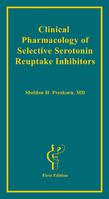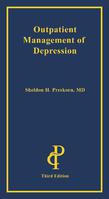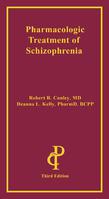Psychiatry
Provides a summary of the clinically relevant pharmacology of five different SSRIs in a manner that is user-friendly. The goal of this book is to facilitate the optimum use of this important class of antidepressants.
Provides a system for rapid diagnosis and efficient management of depression, including patient education, brief supportive counseling, and medication. Focuses on treatment with antidepressant medications, including when to initiate treatment, antidepressant pharmacology, how to select the appropriate medication, and how to manage treatment failures. The results of the STAR*D trial are reviewed in detail.
Antipsychotics are reviewed, including efficacy, adverse effects, pharmacokinetics, mechanisms of action, and dosing. Topics covered include metabolic effects of antipsychotic drugs, mainagement of acute psychosis, long-acting antipsychotic drugs, and treatment-resistant schizophrenia. Pertinent clinical issues in management of this disease are reviewed.
The goal of this handbook is to provide the prescriber with a resource to help avoid unintended and harmful drug-drug interactions (DDIs). To accomplish this goal, this handbook contains tables that provide information on pharmacodynamic and pharmacokinetically mediated DDIs with an emphasis on psychiatric medications. The reason for this emphasis is that patients receiving psychiatric medications are often taking multiple medications, including both psychiatric and nonpsychiatric medications. As a result, these patients have an increased risk of experiencing DDIs.



.jpg)